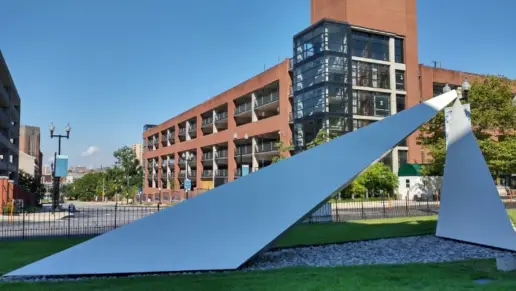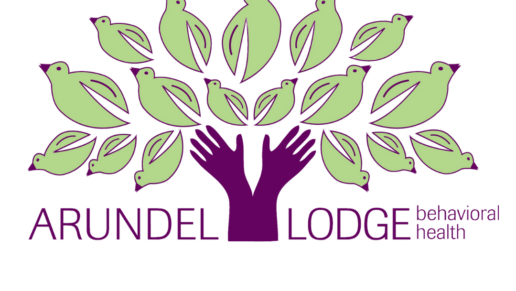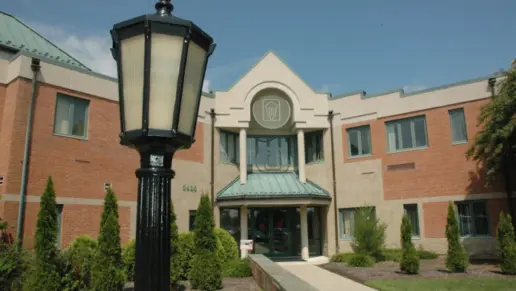Helen was very helpful to me when I called for inpatient care. She was very informative about everything I had questions about. She made me feel so welcome and I haven't even entered the facility yet. She was warm and welcoming to me over the phone, and i can't wait to meet ...
About Warwick Manor Behavioral Health
Warwick Manor Behavioral Health in East New Market, Maryland uses a public health approach to address substance use disorders and mental health conditions. They offer a short term treatment model that encourages active participation, accountability and social acceptance in a drug free, highly structured and supervised environment. They specialize in detox, residential and outpatient levels of care.
The model is the most intensive short-term program for addiction and co-occurring disorders in Maryland. They include a combination of key factors from different evidence-based treatment models to target the special treatment needs of their population. This includes a range of inpatient services including detoxification and residential treatment.
Once you have completed a residential program you may receive treatment in an outpatient program that ranges from partial hospitalization day programs to intensive outpatient programs. They utilize medically monitored detoxification for alcohol and opioid addiction withdrawal to reduce withdrawal symptoms and cravings during ongoing treatment.
Additionally, they offer medication management and medically monitored inpatient treatment using buprenorphine and Suboxone. Their dual diagnosis treatment program includes mental health treatment and psychiatric evaluations. They also take a holistic approach to care and offer alternative therapies like guided imagery and art therapy.
Co-occurring treatment requires specialized care that occurs simultaneously since substance use disorders and mental health conditions can exacerbate each other. Their program also includes relapse prevention groups where you can learn skills to help you recognize and stop when relapse may begin as well as recovery skills groups where you learn the skills you need to maintain sobriety and sustainable recovery.
They accept referrals from community agencies, hospitals and other treatment programs. Their mission is to provide high quality comprehensive chemical dependency and mental health services to help reduce the morbidity and mortality risk factors in the community.
Latest Reviews
Rehab Score
Other Forms of Payment
Medicaid is a state based program that helps lower-income individuals and families pay for healthcare. Medicaid covers addiction treatment so those enrolled can use their coverage to pay for rehab. When a program accepts Medicaid the client often pays very little or nothing out of their own pocket.
Private insurance refers to any kind of healthcare coverage that isn't from the state or federal government. This includes individual and family plans offered by an employer or purchased from the Insurance Marketplace. Every plan will have different requirements and out of pocket costs so be sure to get the full details before you start treatment.
Self-pay involves paying for treatment out of your own pocket. You can use savings or credit, get a personal loan, or receive help from family and friends to fund your treatment. If you don't have insurance or your insurance plan doesn't cover a specific program, self-pay can help ensure you still get the care you need.
Financial aid can take many forms. Centers may have grants or scholarships available to clients who meet eligibility requirements. Programs that receive SAMHSA grants may have financial aid available for those who need treatment as well. Grants and scholarships can help you pai for treatment without having to repay.
Medicare is a federal program that provides health insurance for those 65 and older. It also serves people under 65 with chronic and disabling health challenges. To use Medicare for addiction treatment you need to find a program that accepts Medicare and is in network with your plan. Out of pocket costs and preauthorization requirements vary, so always check with your provider.
Addiction Treatments
Levels of Care
Treatments
The goal of treatment for alcoholism is abstinence. Those with poor social support, poor motivation, or psychiatric disorders tend to relapse within a few years of treatment. For these people, success is measured by longer periods of abstinence, reduced use of alcohol, better health, and improved social functioning. Recovery and Maintenance are usually based on 12 step programs and AA meetings.
Once a person has become addicted to a substance, drug rehab in Maryland is often necessary to overcome that addiction. These programs provide the tools individuals need to manage the physical, mental, and emotional issues involved and begin a successful recovery journey.
Many of those suffering from addiction also suffer from mental or emotional illnesses like schizophrenia, bipolar disorder, depression, or anxiety disorders. Rehab and other substance abuse facilities treating those with a dual diagnosis or co-occurring disorder administer psychiatric treatment to address the person's mental health issue in addition to drug and alcohol rehabilitation.
A combined mental health and substance abuse rehab has the staff and resources available to handle individuals with both mental health and substance abuse issues. It can be challenging to determine where a specific symptom stems from (a mental health issue or an issue related to substance abuse), so mental health and substance abuse professionals are helpful in detangling symptoms and keeping treatment on track.
Opioid rehabs specialize in supporting those recovering from opioid addiction. They treat those suffering from addiction to illegal opioids like heroin, as well as prescription drugs like oxycodone. These centers typically combine both physical as well as mental and emotional support to help stop addiction. Physical support often includes medical detox and subsequent medical support (including medication), and mental support includes in-depth therapy to address the underlying causes of addiction.
Clinical Services
Cognitive behavioral therapy and motivational interviewing techniques are often part of group therapy sessions. These are evidence based techniques that address thinking and behavioral patterns that trigger addictive behavior. Learning how to address these thought patterns can help create lasting change.
Individualized one on one therapy allows the therapist to focus on your specific challenges and strengths. Using a personalized approach enables the therapist to help you develop effective coping mechanisms and build a more stable and fulfilling substance free life.
Trauma therapy addresses traumatic incidents from a client's past that are likely affecting their present-day experience. Trauma is often one of the primary triggers and potential causes of addiction, and can stem from child sexual abuse, domestic violence, having a parent with a mental illness, losing one or both parents at a young age, teenage or adult sexual assault, or any number of other factors. The purpose of trauma therapy is to allow a patient to process trauma and move through and past it, with the help of trained and compassionate mental health professionals.
Amenities
-
Residential Setting
Staff & Accreditations
Staff

Founder and CEO
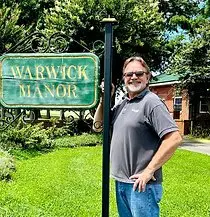
Director of Marketing and Business Relations

Program Director

Medical Director
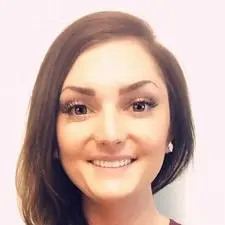
Director of Nursing
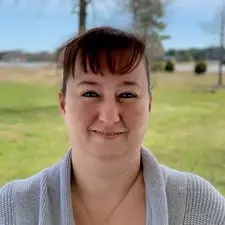
Director of Mental Health
Accreditations

The Commission on Accreditation of Rehabilitation Facilities (CARF) is a non-profit organization that specifically accredits rehab organizations. Founded in 1966, CARF's, mission is to help service providers like rehab facilities maintain high standards of care.
CARF Accreditation: Yes
Contact Information
3680 Warwick Road
East New Market, MD 21631
